Like in other sectors, artificial intelligence (AI) applications have had great impacts on medicine. With the continuous development of technology, artificial intelligence in medicine is changing how healthcare providers do their work – diagnosing, treating, and managing diseases. From improving the precision of medical diagnosis to influencing the outcome of patients, Artificial intelligence in medicine has the ability to change the practice of medicine around the world.
In this detailed write-up, we will examine AI in medicine, its advantages and challenges, and its role in the future of healthcare.
Table of Content
- What is Artificial Intelligence in Medicine?
- Applications of AI in Medicine
– 2.1 Diagnosis and Screening
– 2.2 Personalized Treatment Plans
– 2.3 Drug Discovery and Development
– 2.4 Robotic Surgery
- The Benefits of Artificial Intelligence in Medicine
- Challenges and Ethical Considerations
- AI and Data Privacy in Medicine
- The Future of AI in Healthcare
- FAQs About Artificial Intelligence in Medicine
- Conclusion: The Role of AI in Shaping the Future of Healthcare
What is Artificial Intelligence in Medicine?
Artificial intelligence in medicine refers to the integration of machine learning, data analysis, and algorithms to assist medical professionals in diagnosing, treating, and managing a wide range of health issues. AI systems are modeled to replicate processes of the human intellect such as reasoning, learning, and decision-making.
AI refers to artificial intelligence, a term that describes tools and machines capable of performing tasks that usually require human intelligence. For this reason, the healthcare sector is utilizing the power of artificial intelligence to improve its services as well as the treatment of patients. Artificial intelligence in medicine requires data to function effectively. In the medical field, AI tools are equipped with a plethora of medical information such as patient databases, scans, and genomes in order to help a doctor or medical scientist make better clinical decisions.
Essentially, AI has the ability to assist in accomplishing tasks that are time-consuming, monotonous, or would greatly benefit from the analysis of large amounts of data which would be impossible to do by hand.
Applications of AI in Medicine
Healthcare artificial intelligence involves numerous areas that have brought benefits to both patients and providers. Some of these include:
2.1 Diagnosis and Screening
One of the more recognized roles of AI has been learnt in the diagnostic phase of many diseases. AI algorithms run some of the diagnostic images like X-ray, MRI, and CT-scan to detect any abnormality which could lead to disease invasions such as cancer, heart diseases and neurological disorders.
For instance, deep learning computations have been reported to be very accurate in the detection of early-stage breast cancer from mammography. AI may assist in secondary population-based screening also, which aims to identify patients who are predisposed to specific diseases thanks to their personal, hereditary and life-style data.
2.2 Personalized Treatment Plans
One more revolutionary feature of AI in medicine is its ability to develop the treatment on an individual basis. Knowledge of sickness genetics, patient’s way of life, and earlier received treatments will allow AI to choose the most appropriate treatment technique for the patient.
AI further helps in the assessment of likely drug interactions, thereby assisting doctors in avoiding combinations of drugs that would be harmful. In addition, AI systems will allow real-time alterations of the treatment course without affecting the patient because it matches the changing factors or does not suit the changing factors.
2.3 Drug Discovery and Development
The procedures involved in drug discovery and development are time and resource intensive. However, drug design using artificial intelligence in medicine, can make the process more efficient by determining which therapeutic drug molecules are most suited to be effective against specific diseases. Artificial intelligence in medicine models transform enormous datasets on clinical and molecular levels into suitable compounds so that time to new drug development is shortened.
Most importantly, existing AI models can help repurpose drugs that have already been developed to treat other conditions which will be more effective for the patients.
2.4 Robotic Surgery
The advent of artificial intelligence has revolutionized the field of medicine especially robotic surgical procedures where artificial intelligence is involved in the performing of surgeries. Robotic surgical systems, including the daVinci Surgical System utilize artificial intelligence algorithms to assist surgeons in successfully navigating intricate surgical tasks.
These AI systems are also able to evaluate the individual geometry of the patient, which aids in determining the most suitable strategies and tactics to perform surgery minimizing the associated risks. Furthermore, robotic surgery is associated with smaller cuts, quicker recovery and minimum pain from the patient’s perspective.

Also read about: https://tehzop.com/old-character-ai/
Advantages of Artificial Intelligence in Healthcare
The introduction of AI into healthcare has quite a number of advantages and can be outlined as follows:
1. Increased Incentive for Diagnosis
AI algorithms, in particular those powered by deep learning, are capable of interpreting medical images with very high precision. They detect minute details that may be taken for granted and help in earlier and correct diagnosis.
2. Reduction in Time Taken in Making Decisions
AI based systems are able to gather and study data of the patients at all times, in split seconds. This speed is important where time is of the essence, for example, when attending to a stroke patient or even in an emergency room making critical decisions.
3. Lower Costs
The healthcare industry can cut costs with AI from bringing down overheads of administrator’s duties, treatment protocols, and getting rid of unnecessary tests. Drug development is also a process that can be enhanced and cut costs, thereby making new medicines cheaper.
4. Bettering the health of patients
Patients with AI are able to receive guidance for ideal therapies and measure the chances of possible adverse events and therefore, this leads to improvement of the patient’s outcomes. AI does this by ensuring that people get the right treatment that each one deserves and only that, thus enhancing the health status of people.
5. Healthcare Access and Affordability
The provision of healthcare services in most cases reaches as far as possible assisted by AI, in places where there are no healthcare doctors. AI applications also allow healthcare practitioners to make remotely operated evaluations and diagnosis using video apps and AI technologies in areas where there are no specialists physicians.
Challenges and Ethical Issues
More often than not, Most experts agree that the positive impacts of the use of AI in medicine are particularly encouraging but there are some challenges and ethical worries that must be resolved first:
1. The Privacy and Security of Personal Information when AI is Used in Healthcare
AI utilizes a lot of data to be efficient in every task. But the problems of holding, storing and processing patients’ sensitive data is a much larger privacy issue. Events that violate AI guidelines such as HIPAA which is the Health Insurance Portability and Accountability Act that protects the privacy of patients and their records should always be avoided.
2. The Presence of Social Diversity Biases in AI Algorithm Design and Training
As with any AI technique, AI models work only based on the data given to them during training. In instances where the training data samples across populations and social classes is están essentials what would constitute unfair plots in ai . These scenarios of AI universe would eventually lead to misdiagnoses or inappropriate treatment recommendations.
3. Absence of Human Touch
In today’s world, something that is capable of performing the tasks like making decisions autonomously or in this case AI would be a big accomplishment. However, this AI would not be able to replace the human element that is of utmost importance in healthcare. These attributes are essential in patient care and AI should only be seen as an aiding tool rather than a replacement to human serve providers.
4. Regulation and Accountability
It is also seen that as AI systems are known to penetrate into medicine spaces more frequently as a consequence common AI regulations have to be developed so as to ensure the safety, accuracy and reliability of such AI systems. It equally is very important that there is a clear definition of jurisdiction in cases where harms are inflicted or where mistakes are made by AI systems.
AI and data privacy in Medicine
With an increased application of AI in the medical practice, data privacy and security becomes paramount. This is because AI systems use data which consists of very private things like personal contacts, medical history, health records among others. For trust and safety in the profession of medicine, this data has to be secured in order to eliminate the chances of data breaches.
Europe has GDPR and the US has HIPAA. These are regulations which govern data for patients. However, as Ai systems continue to grow more advanced new regulations and policies are likely to be needed in order to manage these new technologies.
The Future of AI in Healthcare: The Future of AI Applications
Artificial intelligence has significant potential for further advancement in medicine. Not only are there many opportunities to optimize existing processes, and but there are also areas in development that will bring forth new capabilities. Here are some trends and developments to watch for:
AI-Driven Personalized Medicine
Developments in genomics coupled, with AI, may create personalized medicine which focuses on patients’ genetics, lifestyle, and past medical history to foster treatment.
AI in Preventative Care
AI can forecast potential threats to health and propose precautionary actions, thus minimizing disease occurrence and improving health in society as a whole.
Increased Integration with Wearable Technology
Wearable devices like smart watches and fitness bands may be AI powered and enable the doctors to monitor patient health remotely and give personalized recommendations when needed.
Global Health Applications
To overcome geographic boundaries, AI employs local health care providers for telehealth virtual visits, detects diseases remotely in developing countries, and efficiently manages clinical operations across borders.
FAQs About Artificial Intelligence in Medicine
- How is AI used in healthcare?
The utilization of artificial intelligence in health care makes it easier to perform diagnosis, design a treatment regimen, assist in drug discovery and robotic surgery.
- What are the benefits of AI in healthcare?
Algorithm predicts diagnose accurately and improves patient outcomes, besides lowering healthcare costs and providing an opportunity for individualized treatment.
- What are the impediments to adopting Artificial intelligence in medicine?
These adversities are classified into three which include the fear of patient data being misused, the misconception and bias in AI algorithms, and settling on laws that would guide the operations of AI in the health sector.
- Would there be a need for doctors in the future with the introduction of AI?
AI is not expected to take over the role of doctors but to help them carry out their responsibilities. It adds to the patient care part of the equation and assists with decision-making and bolstering diagnostics.
- Can Artificial intelligence in medicine be trusted?
AI can be trusted provided a human is involved in it. There is no disputing the fact that AI is good at sifting through data and performing analysis but its results require human interpretation as to what course of action to take.

Conclusion: The Impact of AI on the Great Transformation in Healthcare Systems
There is no denying the fact that artificial intelligence in medicine is changing the way healthcare is provided. It will enhance how diagnosis and treatment is done as well as the way patients are being cared for. As a result of reduce workloads, greater accuracy in procedures, and AI-driven individualized treatment, AI can help healthcare succeed greatly.
Nevertheless, concerns relating to bias and issues concerning the regulation as well as privacy of data should be managed in biomedical settings so that Artificial intelligence in medicine trustworthy and ethical usages may be ascertained. With the ever-changing nature of technology, Artificial intelligence will be a key player in determining how the future of medicine will pan out leading to improving the firm’s efficiency, accessibility and ultimate effectiveness.
Also read about: https://tehzop.com/get-it-out-of-here-how-to-turn-off-meta-ai-on-facebook/
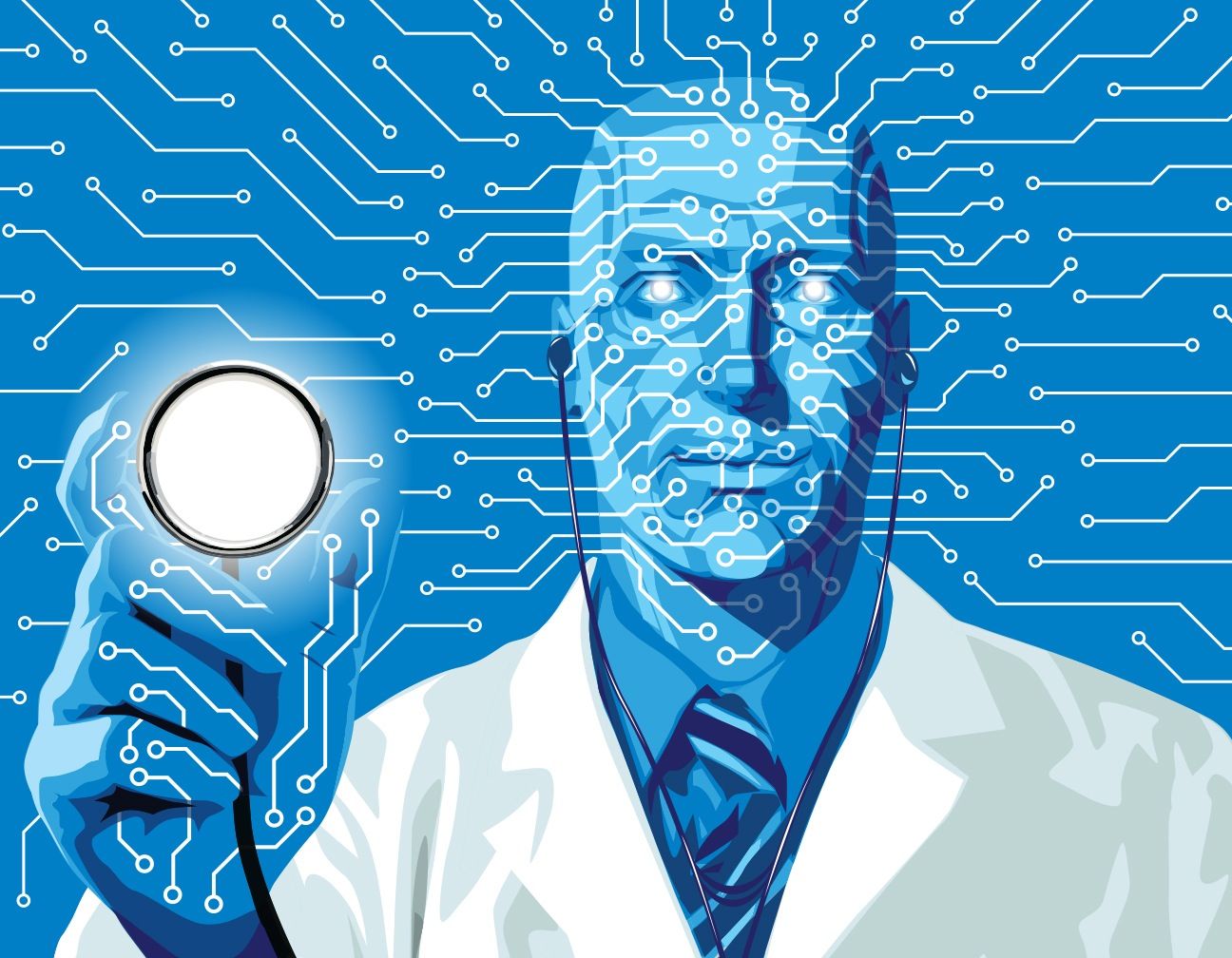

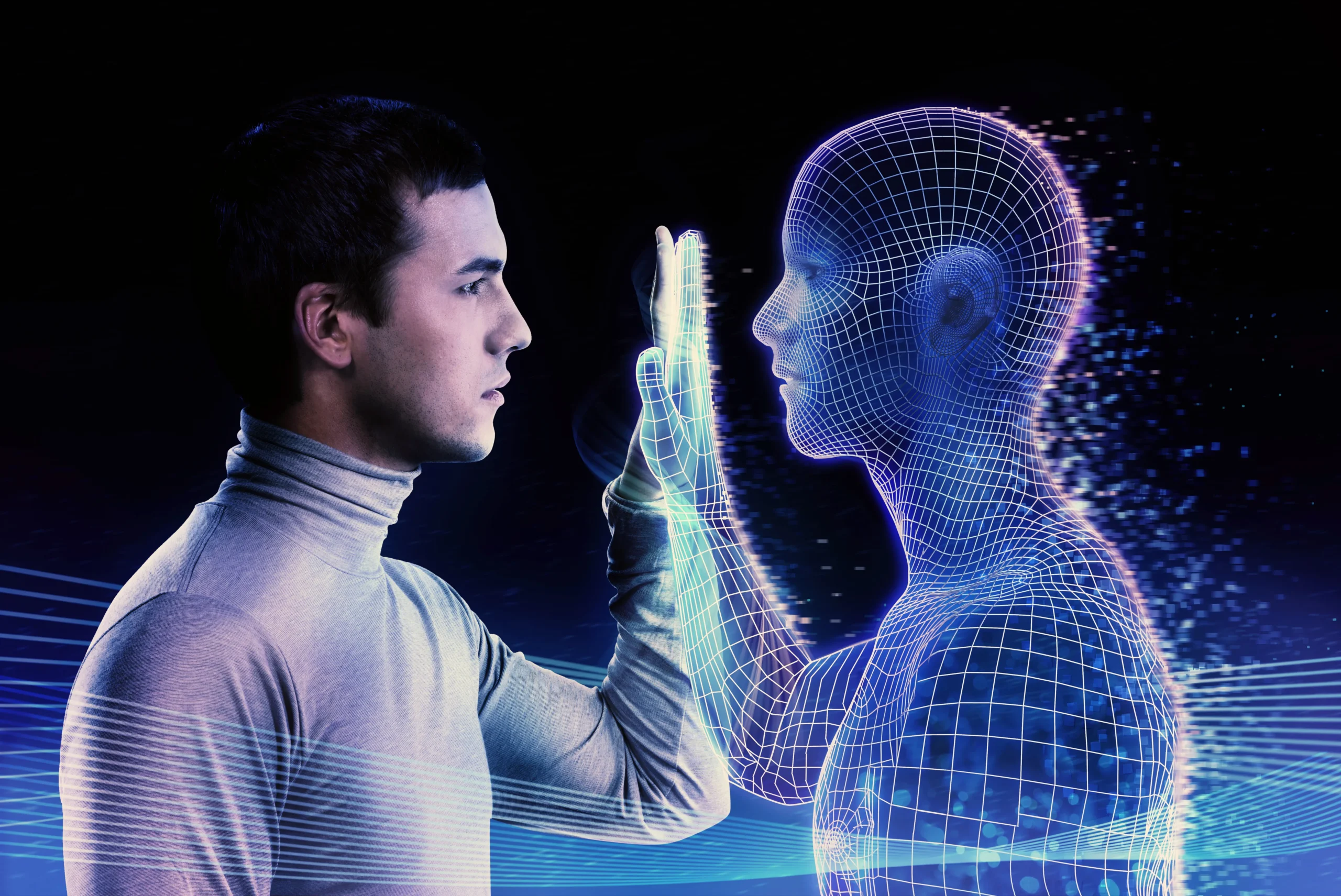
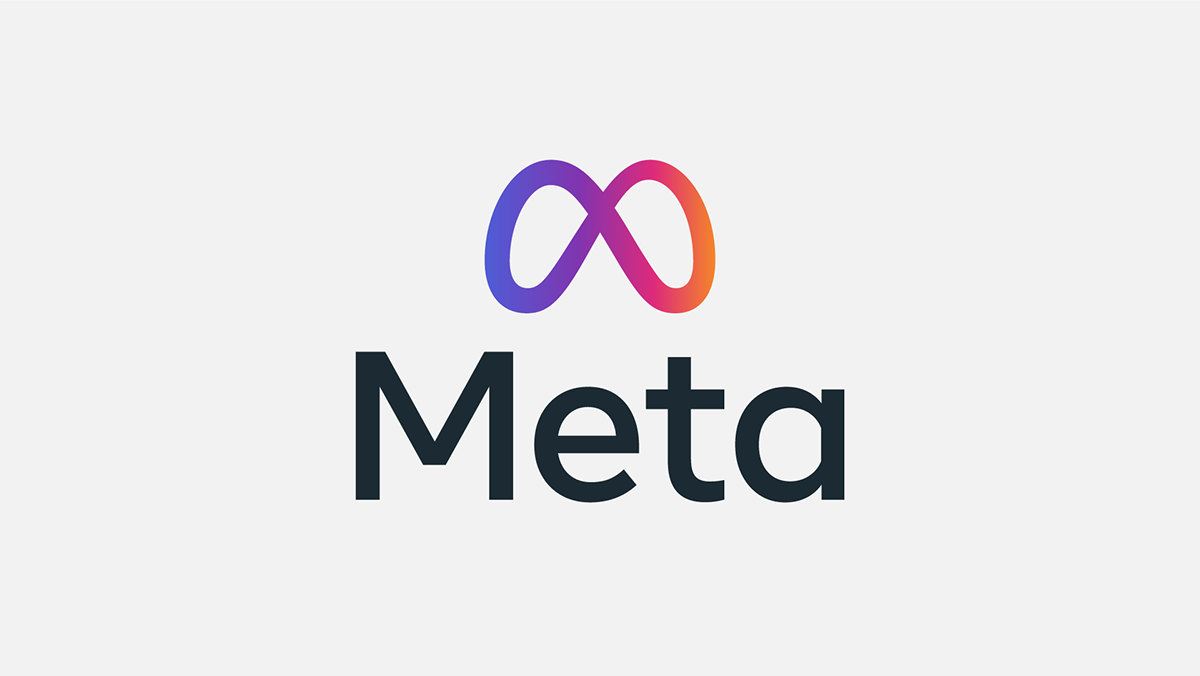


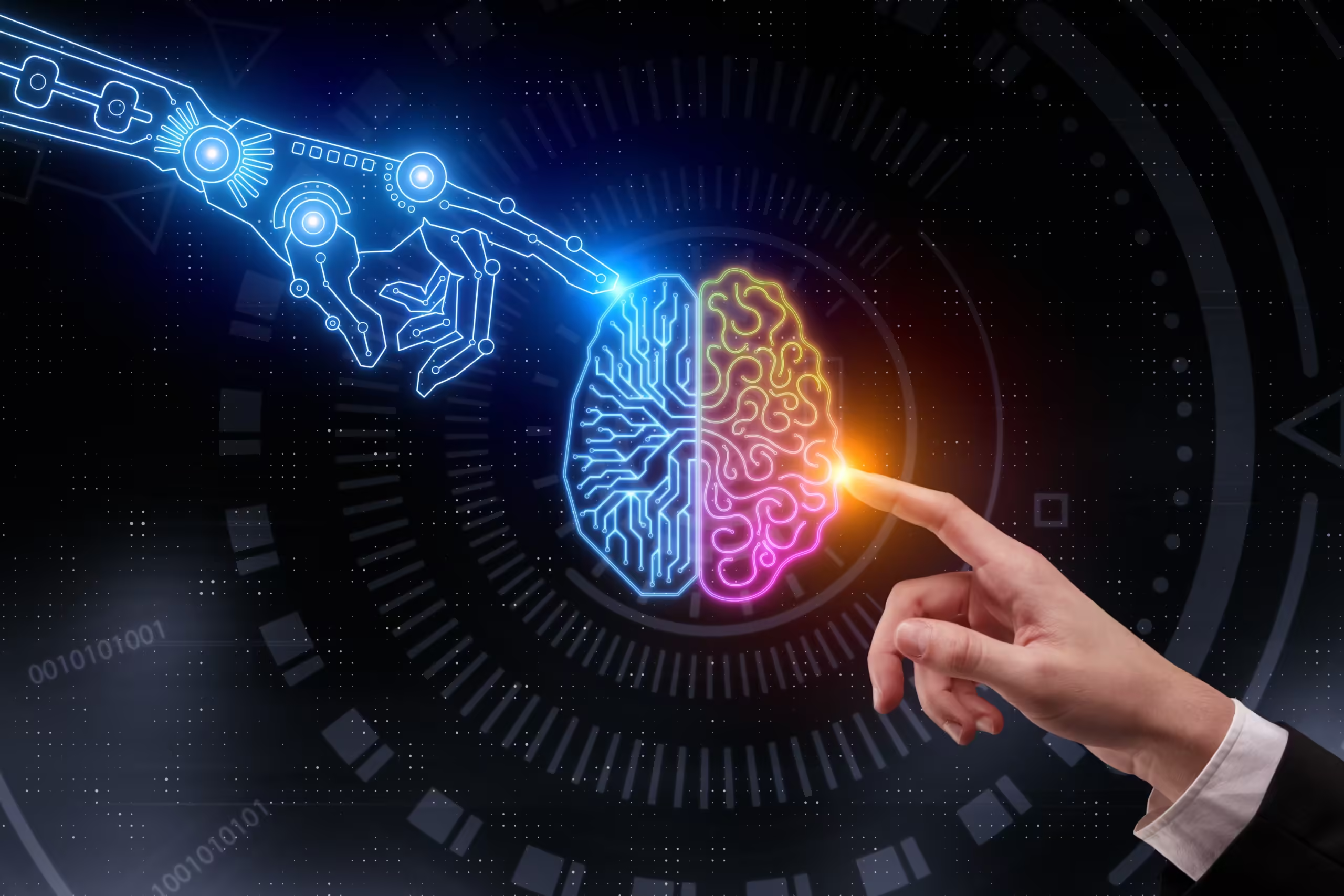


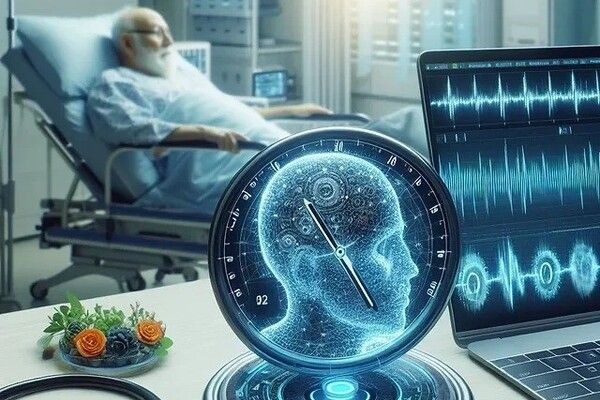

Leave a Reply